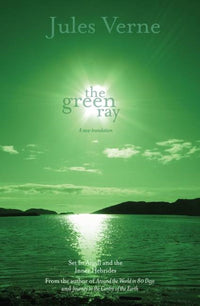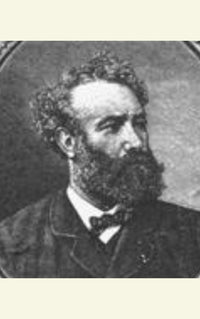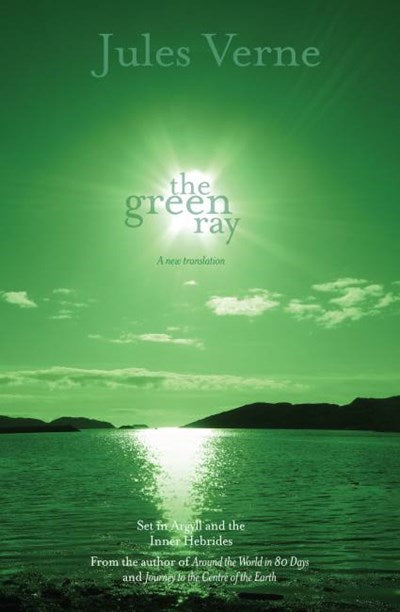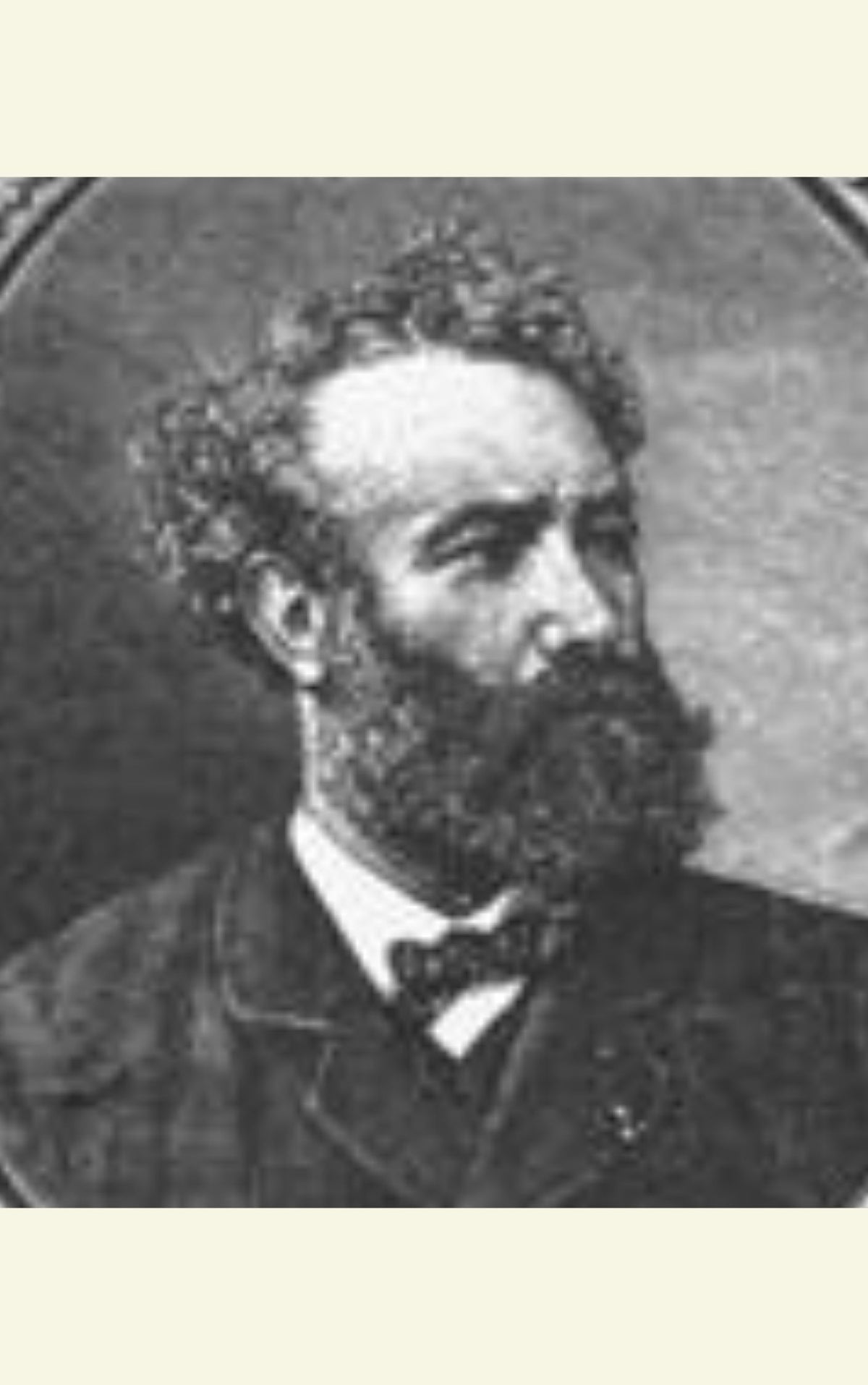The Green Ray
- Regular
- £7.99
- Sale
- £7.99
- Regular
- £7.99
- Unit Price
- per
Our Ebooks are powered by Glassboxx
Click here to learn about our Ebooks.
About the Book:
This ray has the virtue of meaning that anyone who has seen it can no longer make a mistake in matters of sentiment; its appearance destroys illusions and lies.
When a newspaper article tells Helena Campbell, whose impending arranged marriage is less than a love match, that seeing the green ray is an indication of true love, she refuses to marry anyone until she has seen it. Her quest to view the green ray takes her on an island-hopping tour of the Hebrides that nearly costs her her life, and Helena must ask herself – is seeing the green ray worth it? With which of her suitors will Helena see the ray? Or will she never see it at all?
The Green Ray has all the hallmarks of a Verne classic – danger, romance, and of course a tale of marvellous adventure. Karen Loukes’ new translation of Jules Verne’s ‘lost’ Scottish novel recaptures the spirit of the original French text.
Reviews:
It is a charming literary work, very sweer, very simple and very sensitive. PIERRE-JULES HETZEL
Of all Verne's novels, The Green Ray most closely follows his own travel... written with affection and personal recollection... close to his heart. PROFESSOR IAN THOMPSON
Luath Press is an Edinburgh publishing house that produces gorgeous Verne paperbacks with full-page original illustrations so crystal clear you want to weep with joy. Like their Blockade Runners and Underground City, this one is a feast of production values and readability. You want The Green Ray on your Verne shelf, believe me. NICK DIMARTINO
About the Author:
 JULES VERNE (1828-1905), French writer and pioneer of science fiction, whose best known works today are Twenty Thousand Leagues Under the Sea (1870) and Around the World in Eighty Days (1873).
JULES VERNE (1828-1905), French writer and pioneer of science fiction, whose best known works today are Twenty Thousand Leagues Under the Sea (1870) and Around the World in Eighty Days (1873).
Jules Gabriel Verne was born on February 8, 1828, in Nantes, France. His parents were of a seafaring tradition, a factor which influenced his writings. As a boy, Jules Verne ran off to be a cabin boy on a merchant ship, but he was caught and returned to his parents. In 1847, Jules was sent to study law in Paris. Later in 1850, Jules Verne's first play was published. His father was outraged when he heard that Jules was not going to continue law and discontinued the money he was giving him to pay for his expenses in Paris. This forced Verne to make money by selling his stories.




